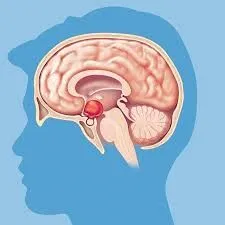Brain Pituitary Tumor Surgery
Pituitary gland tumor is used to remove the tumor through the nose and sinuses using an endoscope or open surgery through the skull, for larger tumors or those involving critical structures.

Common Types of Pituitary Tumor Surgery
➔Transsphenoidal Surgery: This is the preferred method for most pituitary tumors, including endoscopic transsphenoidal surgery, wherein thin instruments, with an endoscope and camera, are inserted through the nose and into the sphenoid sinus to reach and remove the tumor.
➔Craniotomy: Also called transcranial surgery, this involves making an opening in the skull, to expose the brain, allowing surgeons to remove larger or more complex tumors.
Meet Our Doctor
Our Consultant

Dr. Srinivasa Reddy
Accomplished Neurosurgeon
